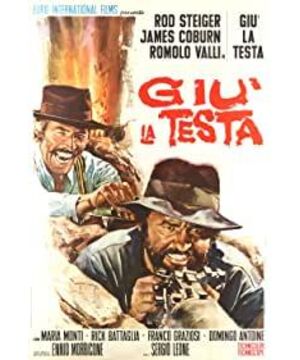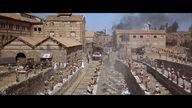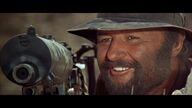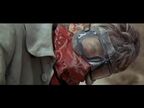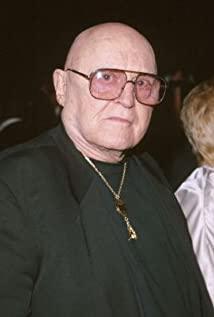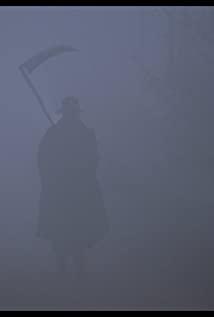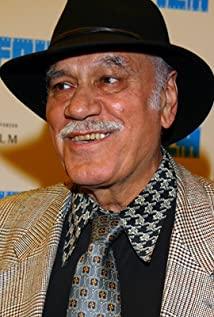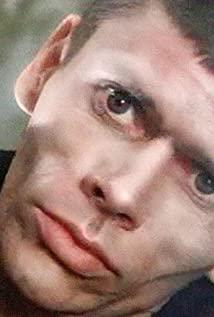Leone's films have always been very rich, "Once Upon a Time in America", "Once Upon a Time in the West", and "The Bounty Trilogy" (haven't seen it) (supposedly) all have an epic temperament and can hold a lot of things, this "Revolutionary". Once Upon a Time is no exception: the turmoil of great times, the friendships of men, the life of a Robin Hood, and death, survival, battle, betrayal, ideals, beliefs—including, but not limited to, Leone-style "westerns". General elements. Apart from the quotations from Chairman Mao at the beginning, is "Once Upon a Time in the Revolution" a version of "Once Upon a Time in the West" of the Mexican Revolution in the 1910s? In this sense, the success of "Revolutionary Past" is like the encyclopedic works of romanticism such as "Gone with the Wind" and "Comedy on Earth". And encyclopedic works have a point: not afraid of anyone's excessive interpretation.
One of Juan's lines about the revolution is quoted repeatedly: "I know we're talking about revolution. The literate tell the illiterate 'it's time for a change,' and it turns out these poor people do it. And yet the literate sit around At the big table, talking and talking and eating and eating and eating. What happened to these poor people? They died! What happened next? Still the same damn thing again. "If Juan's remarks represent the director's position, the "revolution" in "Revolutionary Past" is not only the background of the story, but the object of deconstruction. But is this the director's true attitude towards "revolution"? Regardless of whether it is an excessive interpretation or not, I have to ask: what is the director's position?
This film has been described as such: a Hollywood political film made by an Italian director who is not interested in politics. This sentence fails to point out the whole truth: think what an era around 1971 was like! China, Cultural Revolution, Rebellion, Good Things, Great Democracy; France, Sartre, Flyers, May Storm, Barricades; Japan, Red Army, Shigetrust House, Rhodes Airport Terrorist Attack; and Guevara, Vietnam War, Prague Spring, war in the Middle East, conflict in Northern Ireland... Although I can't speculate yet on Leone's attitude towards revolution, it is certain that Leone's support for violent revolution is by no means a simple support or affirmation - included in "Revolutionary Past" There are so many things that it cannot be exhausted by any simple attitude.
By the way, I think of Hugo, the author of "1993". His father was a general under Napoleon, and his mother was a royalist. He also experienced a change from a royalist position in his early years to a republican position in his later years. The theme of the times, "1993" is Hugo's concentrated arrangement of these thoughts in his later years. He believes that "on top of an absolutely correct revolution, there is an absolutely correct humanism." Now it seems that this is a big vernacular. This is because, over the past two centuries, after human beings have paid a certain price, humanitarianism has gradually gained popularity in the hearts of the people. On the other hand, the revolution has been deconstructed in the past few years. But can humanitarianism neutralize violent revolution? Is it a fool's dream? It is difficult to draw conclusions from an individual perspective.
When the Decembrists in Russia revolted, a peasant said with emotion: "It was always the shoemakers who rebelled and wanted to be masters; now it's the masters who rebelled in order to be shoemakers!" The shoemakers rebelled and became masters, yes, this is Rebellion; the master rebels as a shoemaker, I am afraid it is more appropriate to call it a revolution - at least an indispensable part of the revolution. Unfortunately, many "revolutions" have crossed this link. What is going on in our new-democratic revolution, I have never quite understood it. It seems that this issue needs to be carefully studied by someone.
Full text link: http://user.qzone.qq.com/76560606/blog/1218734873
Author: Mephisto
View more about Duck, You Sucker! reviews


